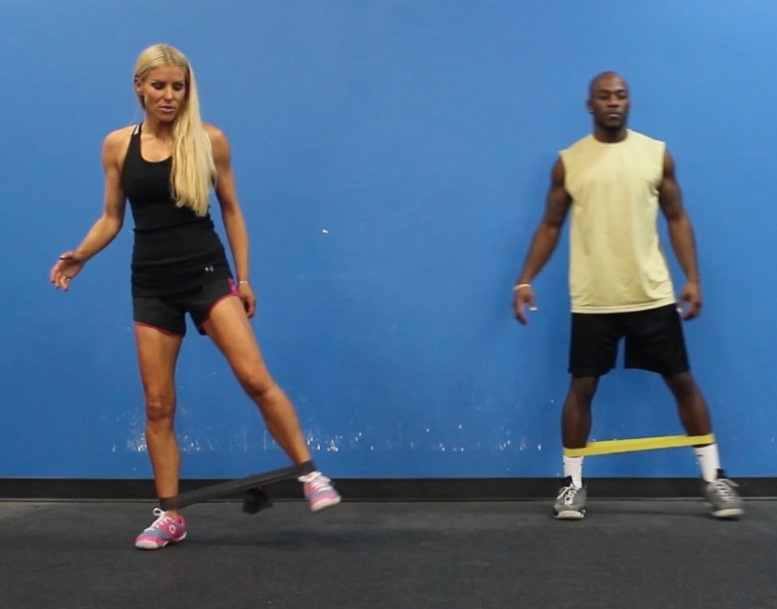When it comes to optimizing your workouts, there’s more to it than just hitting the gym or lacing up your running shoes. Proper nutrition plays a crucial role in fueling your body for exercise and maximizing your performance. Whether you’re a professional athlete or a fitness enthusiast, understanding how to eat for energy can take your workouts to the next level.
Prioritize Complex Carbohydrates.
Carbohydrates are the body’s primary source of energy, especially during exercise. However, not all carbs are created equal. Instead of relying on simple sugars or refined carbohydrates, focus on consuming complex carbohydrates such as whole grains, fruits, vegetables, and legumes. These foods provide a steady release of energy, helping to sustain you throughout your workout.
Balance Your Macronutrients.
While carbohydrates are essential, it’s important to maintain a balanced intake of macronutrients. Include lean proteins, healthy fats, and a variety of vegetables in your meals. Proteins aid in muscle repair and recovery, while fats provide sustained energy and support hormone production. Vegetables offer essential vitamins, minerals, and antioxidants to support overall health and recovery.
Time Your Meals.
The timing of your meals can significantly impact your energy levels during exercise. Before a workout, aim to eat a balanced meal containing carbohydrates, protein, and fats about 2-3 hours in advance. This allows your body to digest and absorb the nutrients, providing a steady stream of energy. If you’re short on time, consume a small snack consisting of easily digestible carbohydrates and a small amount of protein about 30-60 minutes before your workout.
Hydration is Key.
Proper hydration is often overlooked but is crucial for optimal performance. Dehydration can lead to fatigue, reduced endurance, and impaired cognitive function. Drink water throughout the day and ensure you’re adequately hydrated before, during, and after your workouts. Consider consuming electrolyte-rich beverages to replenish lost minerals for intense or prolonged exercise.
Post-Workout Recovery.
After your workout, focus on replenishing your energy stores and aiding muscle recovery. Consume a post-workout meal or snack containing a mix of carbohydrates and protein. This helps restore glycogen levels and kickstarts the muscle repair process. Including a source of fast-digesting protein, such as whey or plant-based protein powder, can be beneficial.
Listen to Your Body.
Everyone’s nutritional needs may differ based on factors such as body composition, metabolism, and exercise intensity. It’s important to listen to your body and make adjustments accordingly. Experiment with different pre and post-workout meals, pay attention to how your body responds and make informed decisions about your nutrition based on your personal experience.






